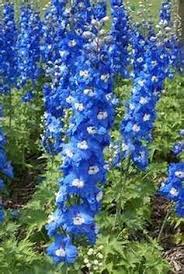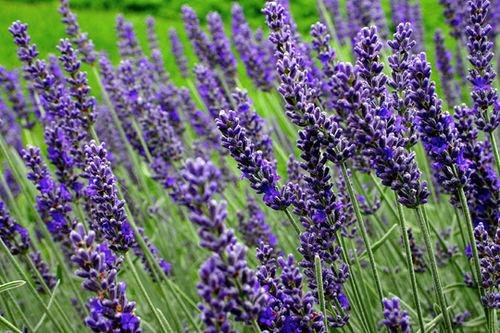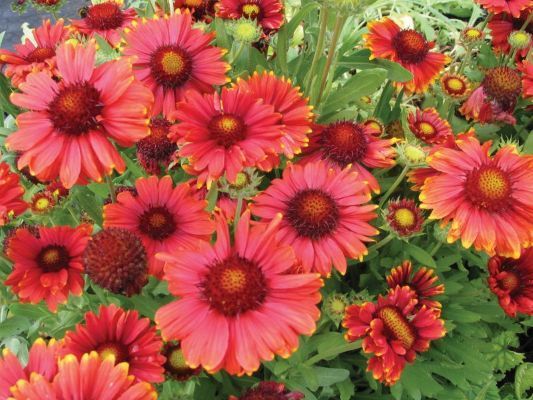Description
 Aurora Delphinium
Aurora Delphinium
The AURORA series of Delphinium offers excellent uniformity and hybrid vigor with flowers tightly packed on sturdy stems. They form stately spires of flowers in early summer, over a mound of deeply cut green leaves. This selection features tall spires of vivid blue, semi-double flowers each with a white bee or center. Excellent for cutting. Trim back spent stems to the base to encourage repeat bloom later in the autumn. Be on the watch for aphids, slugs and powdery mildew, all common problems with Delphiniums. Staking the individual flower stems in June as they begin to elongate is wise, to help avoid wind damage.
Sun Exposure Full Sun
Soil Type Sandy or Clay
Soil pH Neutral or Alkaline or Acid
Soil Moisture Average or Moist
Care Level Moderate
Flower Color Deep Blue with white
Blooming Time Early Summer Mid-Summer
Foliage Color Deep Green
Plant Uses & Characteristics Accent: Good Texture/Form, Attracts Hummingbirds, Border, Cut Flower, Massed
Flower Head Size Very Large
Height 35-47 inches
Spread 23-35 inches
Growth Rate Medium
USDA Zone: 3-9



Reviews
There are no reviews yet.